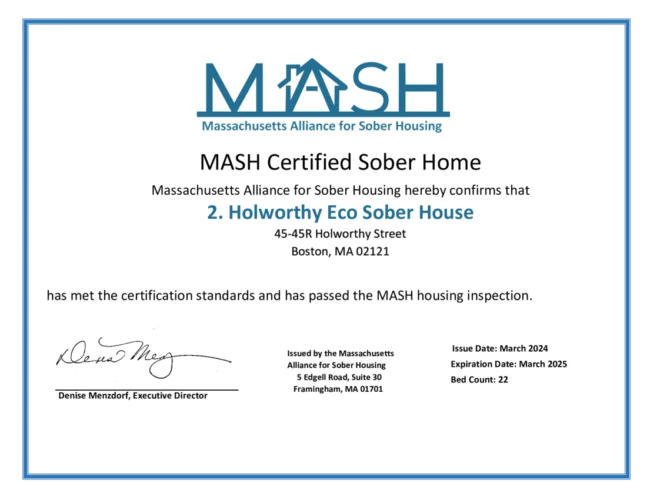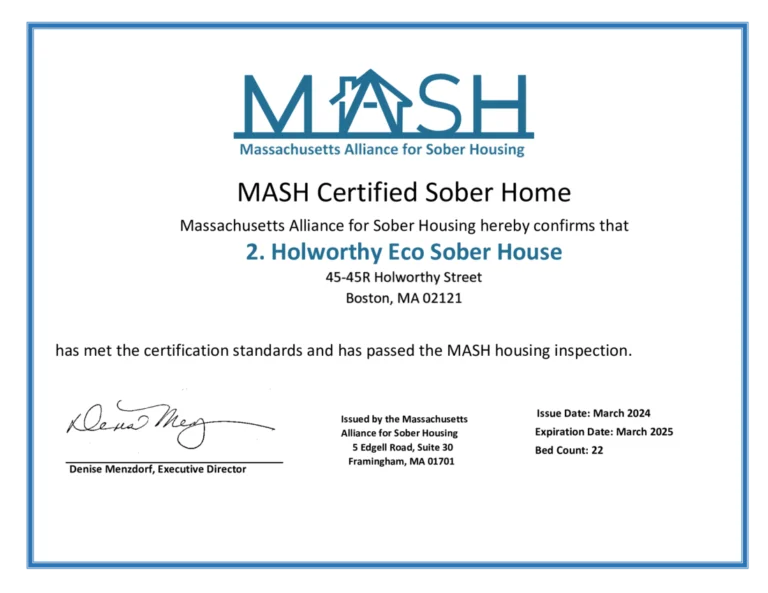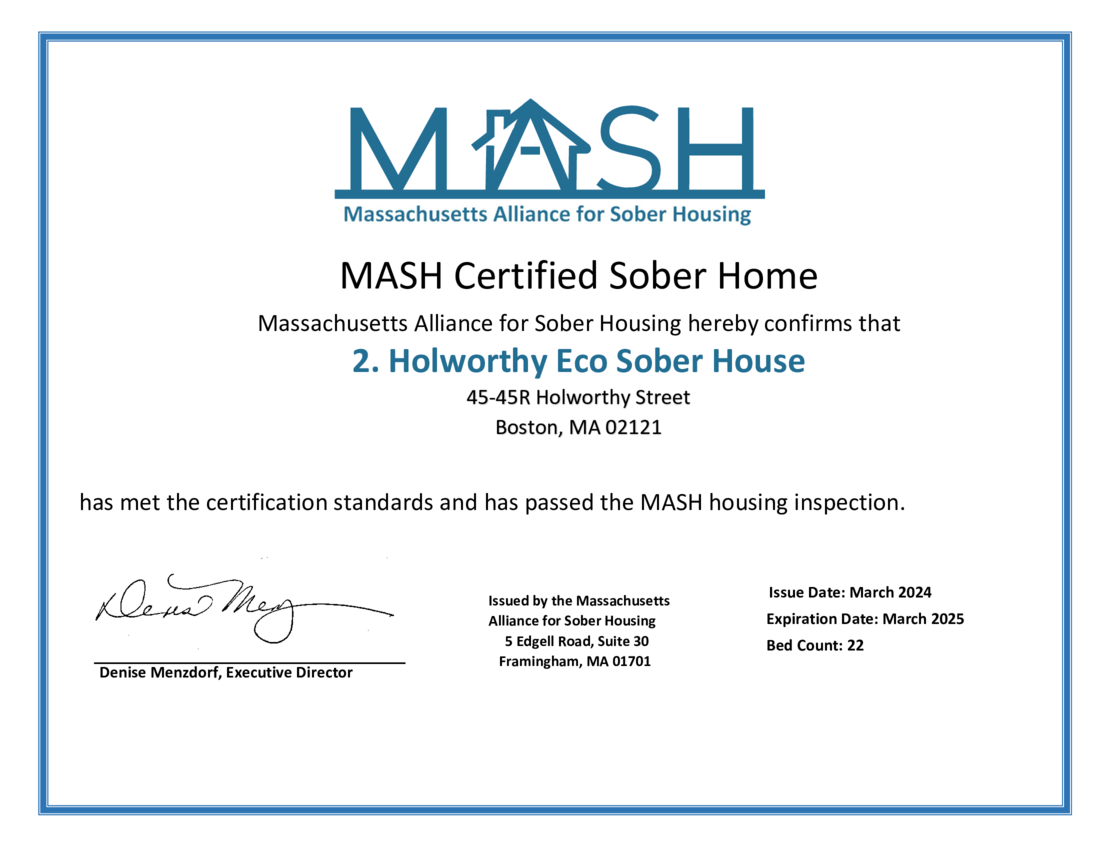Sober living
How to Manage Conflict: 15 Key Conflict Resolution Skills

People who avoid conflict often engage in people-pleasing behaviors. They might agree to things they don’t really want to do, or go along with others’ ideas even when they disagree. This constant acquiescence can lead to a loss of personal identity and a growing sense of resentment. Recognizing conflict avoidance in ourselves or others is https://ecosoberhouse.com/ the first step towards addressing this issue. While it can manifest differently in different people, there are some common signs and symptoms to watch out for.

Can you describe a time when proactive communication prevented an escalation?

A 2018 study revealed that direct confrontation for severe problems is most beneficial for couples in relationships where both partners are able to change. Although the adverse impact of conflict avoidance can be seen across all genders in relationships, its effects can be particularly upsetting for women. A 2021 study, for instance, analyzed same-sex relationships and how they managed conflict during the COVID-19 pandemic.
- Healthy alternatives include emotional regulation, setting boundaries, and adopting a problem-solving mindset to address disputes constructively.
- If you feel overwhelmed by your fear of conflict, professional support can make a profound difference in strengthening your well-being.
- Everyone loves to feel listened to, understood, and appreciated.
- Many of them are conflict-avoidant for good reason and may shut down at the first signs of conflict due to past trauma.
- Anytime you cannot work through an issue weighing on your relationship, this can become a problem.
Treatment & Support
Vulnerability can improve emotional intimacy as it can help your partner understand you better. Developing emotional intelligence can significantly improve our ability to navigate conflicts. This involves enhancing our capacity to recognize and manage our own emotions, as well as empathize with others. By understanding the emotional dynamics at play in conflicts, we can respond more effectively and compassionately.
What is conflict avoidance?

However, repeatedly avoiding conflict can lead to unresolved issues, communication breakdowns, and a lack of growth within the relationship. Suppose you’re someone who avoids conflict, or fearful of conflict or can’t stop avoiding conflict. In that case, it might be that you have only experienced unhealthy conflict resolution styles amphetamine addiction treatment or avoidant conflict styles. Investing in training and development can help employees improve their conflict resolution skills, including when and how to use the avoiding conflict approach. Workplace conflict resolution training equips team members with a variety of strategies, helping them assess when avoidance is appropriate and when direct intervention is required. Preventing deflecting behavior requires a proactive approach to building emotional awareness, fostering trust, and improving interpersonal communication.
I never realized that avoiding conflict, I was ruining my marriage. I am going to use what I have read to make my marriage better, loving, and more appreciative. You can also welcome different perspectives by asking for the person’s opinion. Everyone loves to feel listened to, understood, and appreciated.

Case 2: Rebuilding Relationships
- Low self-esteem and self-worth also contribute significantly to conflict avoidance.
- It can actually be a sign of underlying issues or a lack of true intimacy.
- It can be beneficial for charitable acts or when the outcome isn’t important to you.
- Studies show that avoiding conflict activates the brain’s reward system, creating a temporary sense of relief.
This often leads to passive-aggressive behavior or emotional withdrawal. It also clears the deck of any lingering resentment or issues you haven’t had a chance to talk about. Regardless of the reason, it can help to identify the root of your fears first so you can have more honest conversations how to deal with someone who avoids conflict with your partner.


